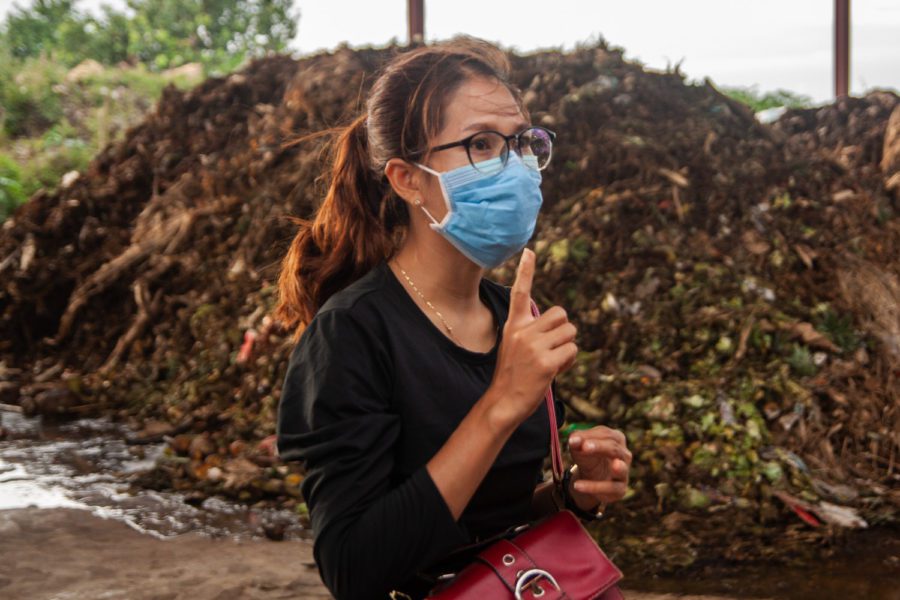A large but unquantified amount of Cambodia’s recyclable waste is harvested by edjai, the informal waste pickers who roam the streets and landfills in search of salvageable waste that can be sold abroad to Thailand and Vietnam, where recycling sectors are more advanced.
Analysis of the edjai and their impact on waste management throughout Cambodia is limited, but their haphazard scavenging for valuable waste buttresses the country’s waste management, says Kathrin Eitel, a research associate and anthropologist working with the University of Frankfurt.

Often working through the night, around 3,000 edjai collect all forms of waste that can be sold on to recycling companies, but they work independently of any official company. According to Eitel, the edjai typically target inner city areas, where the most valuable and voluminous waste is found, but once collected, the edjai deliver it to middlemen, who in turn collect waste on a larger scale, before selling that on to another middleman further up the chain.
Eventually, Eitel explains, the waste is sold to someone with a compactor, who will then in turn crush the waste down for the ease of transport and then sell it internationally — most often Vietnam and Thailand. The UNDP estimates that some 300,000 tons of waste are shipped from Cambodia to neighboring countries, representing a loss of millions of dollars that Cambodia could retain through developing its recycling sector.
“Obviously, neither politicians nor representatives of the waste management sector have ever considered the edjais as important enough to be counted or their collected waste to be analyzed,” says Eitel.
While unrecognized officially, the edjai have established the only functioning recycling economy in the country, she says. “The only aspect that makes the overall waste management system in the country really sustainable are waste pickers looping around and picking up synthetic waste that would otherwise be burned, dumped or thrown away and, thus, become a toxic polluter for the environment.”













